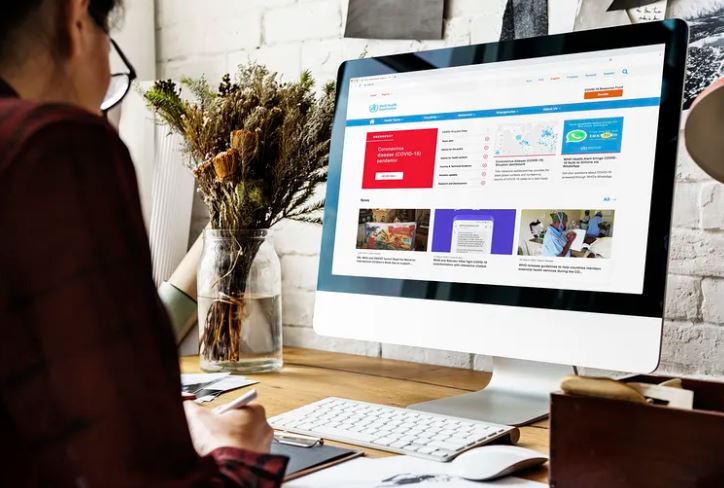Raise your hand if you’ve been frustrated by a website? Thinking back, can you remember what made your experience frustrating? While UX issues definitely contribute to a poor experience, it’s often smaller problems that make people quickly give up on your website.
There are features and elements we intuitively enjoy when visiting a website, and those change based on the type of site and the reason we are searching. If your website is missing these, you are undermining your efforts to grow. You may also be sending potential customers to the competition and wasting your money if you’re paying for traffic.
Today we’re going to talk about some of the essential elements all websites need, especially small businesses in competitive markets.
1. Contact page and correct contact information
This sounds too simple to mention but just today I was trying to contact a company and their email was not clickable. No big deal, I can cut and paste it, right? Well, no, not this time. They had dropped their email into a header and it was formatted not to allow copying. These kinds of things make it hard for people to talk with you, so make sure you have a contact page, that all the information is correct, and that you have a contact form or prominently displayed email address.
2. Frequently asked questions that make sense
Everyone is busy and they generally have a reason for checking out your page. People like FAQs because they tend to answer common questions and keep them from having to dig around your site. A word of caution – make sure your FAQs make sense, don’t just use them as another forum to pitch your services. Consider the user and write questions for them. Don’t try to sell to them, just try to help them.
3. Responsive features matter
People use their cell phone and tablet as often as they do a computer. This is not a trend – it is how technology is most commonly utilized. Instead of fighting it, you need to make the most of it and ensure that your website is user-friendly on mobile platforms. The last thing you want to do is annoy potential customers by having a website that is impossible to navigate on their phone.
4. Personal information about you and your business
Have you noticed how important social media is, even for companies? People like to know about you and in doing so, they are more likely to want to do business with you. Having an “About Us” page is an important element on nearly every type of website. You don’t have to go into amazing detail – just be personable and let people know you’re real. Time and time again, statistics show that people like to do business with people, not faceless corporations.
Now there are many other things to consider when designing your website, but these are a great starting point. Always consider your target audience when thinking about your website’s content and features. Above all, strive to make your website easy-to-use, helpful, and friendly.

